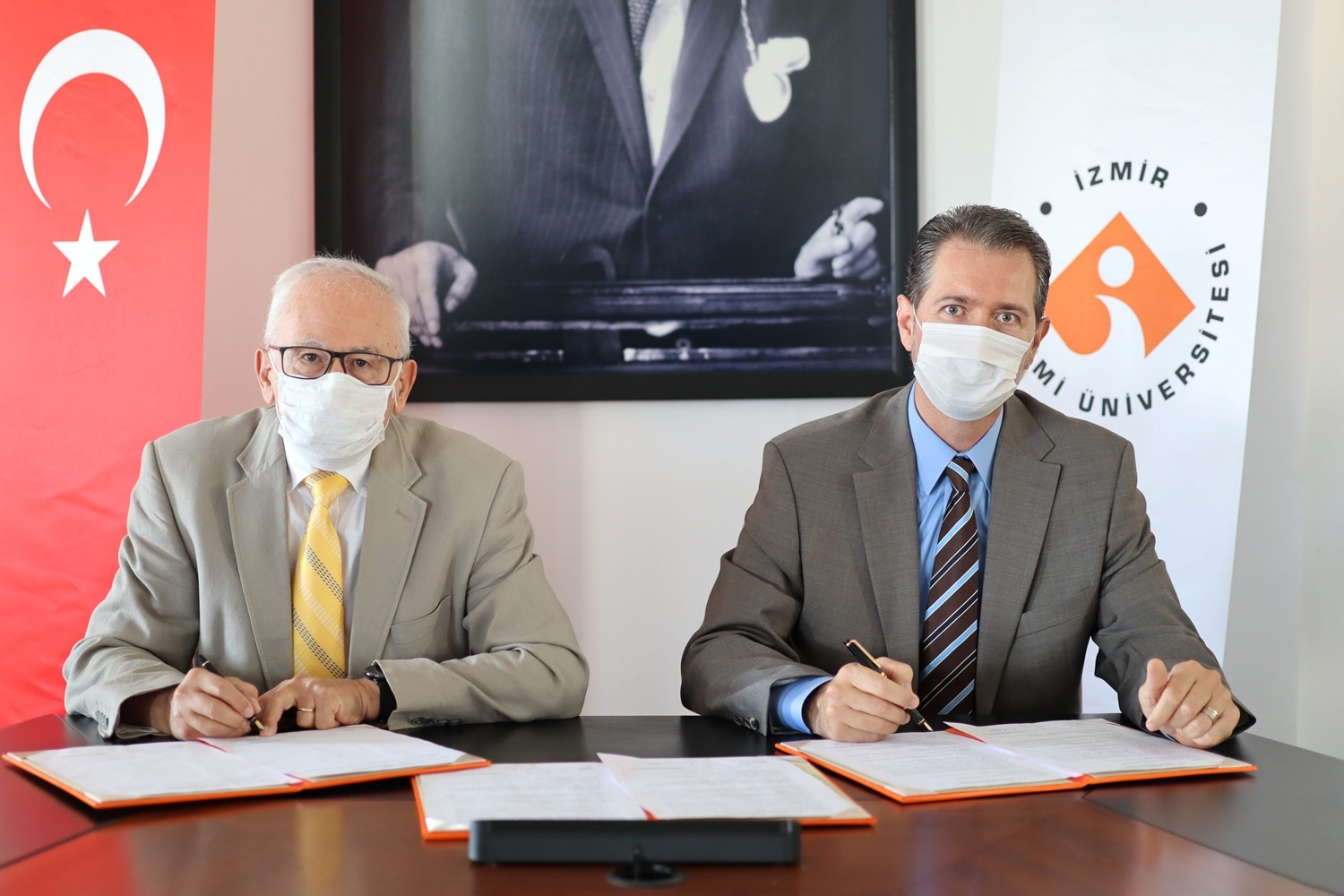
Transfer to the ‘Big Four’
4 young people who graduated from Faculty of Business, Izmir University of Economics (IUE) quickly climbed the ladder of success ...

Exemplary cooperation from IUE and PwC to support education
The agreement made with PwC firm will provide priority internship and job opportunities to the students of IUE Accounting and ...




